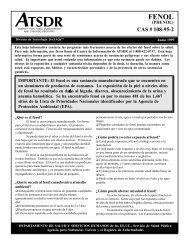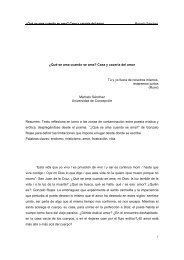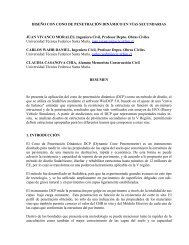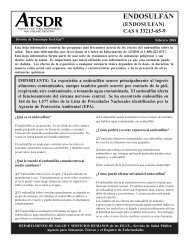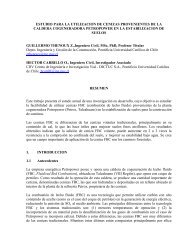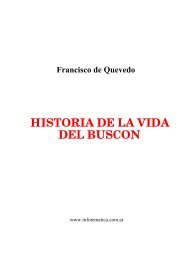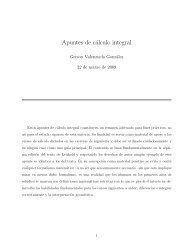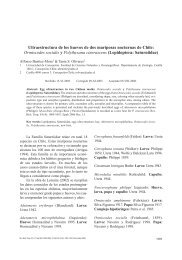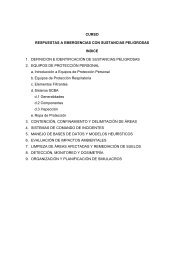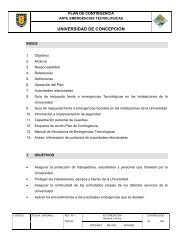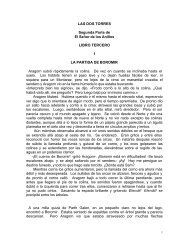Beer : Health and Nutrition
Beer : Health and Nutrition
Beer : Health and Nutrition
You also want an ePaper? Increase the reach of your titles
YUMPU automatically turns print PDFs into web optimized ePapers that Google loves.
The Impact of Alcohol on <strong>Health</strong> 149<br />
differentiation-inducing action of vitamin D. Other myelomonocytic leukaemia cells<br />
were induced to differentiate by vitamin D <strong>and</strong> this was also enhanced by humulone.<br />
It seems that a combination of humulone <strong>and</strong> vitamin D might be useful in therapy for<br />
myelomonocytic leukaemia.<br />
Cancer<br />
The World <strong>Health</strong> Organization takes the stance that alcoholic beverages are carcinogenic<br />
to humans. However researchers from the University of Louisville in 1993 (cited<br />
by Stuttaford 1997) doubted that there was evidence to support the contention of a<br />
relationship between alcohol <strong>and</strong> cancers.<br />
The WHO statement needs to be analysed carefully, as it may have been in uenced<br />
by international politics <strong>and</strong> religious belief. The Journal of Cancer Education<br />
commenting on the statement, said ‘the scienti c literature extant in 1992 provides<br />
only weak support for that nding’. Yet despite its critical reception by detached<br />
authorities, the WHO opinion is frequently quoted by opponents of alcohol.<br />
[…]<br />
Of the 441 articles published by 1992 in the medical press about the links<br />
between drinking <strong>and</strong> cancer, only 29 were judged to meet the requirements of<br />
even an acceptable meta-analysis. There is … nothing in the literature about<br />
alcohol <strong>and</strong> cancer that comes near to paralleling the research ndings that linked<br />
cigarette smoking with cancer.<br />
Stuttaford (1997)<br />
The 1989 report of the Committee on Diet <strong>and</strong> <strong>Health</strong> of the National Academy of<br />
Sciences concluded that one-third of cancers are linked to diet <strong>and</strong> that the strongest<br />
causal links were between stomach <strong>and</strong> colon cancer <strong>and</strong> diets high in fats <strong>and</strong> low in<br />
fresh fruits <strong>and</strong> vegetables. This led to the recommendation that no more than 30% of<br />
dietary calories should be in the form of fat. The recommendation is also to avoid excessive<br />
consumption of cured <strong>and</strong> smoked foods, but to ensure an intake of fresh vegetables<br />
<strong>and</strong> fruit. They also caution against excessive consumption of alcohol.<br />
It is well understood that a signi cant factor in bodily tissue damage is exerted<br />
through the action of free radicals. At higher concentrations ethanol is metabolised<br />
not by the alcohol dehydrogenase system but by the cytochrome P450 system <strong>and</strong> this<br />
leads to signi cant radical formation (Lieber 1994; Nordmann 1994). Alcohol is also<br />
claimed to decrease the production of, <strong>and</strong> increase loss of, glutathione from the liver<br />
<strong>and</strong> to decrease the levels of other antioxidants, vitamin E <strong>and</strong> vitamin C (Speisky et<br />
al. 1985). The overall impact is a reduced resistance to oxidation.



